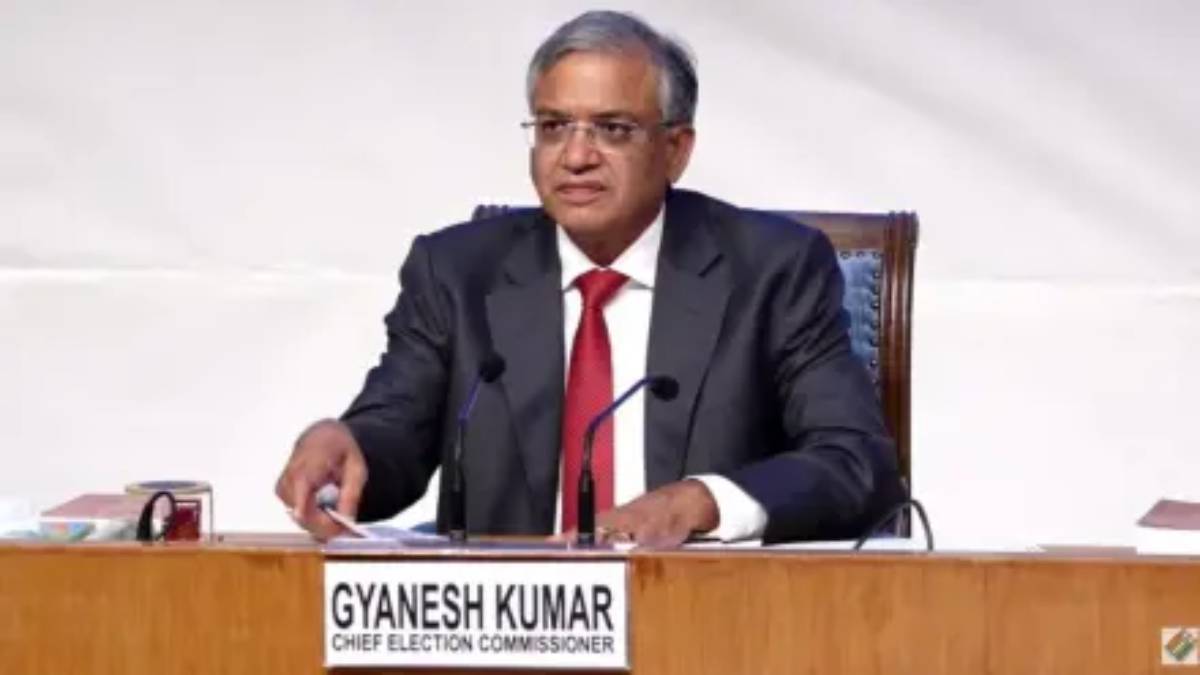NEW DELHI – The Election Commission of India broke its silence on Sunday regarding the contentious Special Intensive Revision (SIR) of electoral rolls in Bihar, firmly denying accusations of favoritism from opposition parties. “For us, there is no ruling side or opposition,” the commission stated in its first press briefing on the matter.
Chief Election Commissioner Gyanesh Kumar emphasized the body’s constitutional obligations. “As per the Constitution of India, every citizen of India who has attained the age of 18 years must become a voter and must also vote,” he remarked. “You all know that, as per the law, every political party is born through registration with the Election Commission.”
Kumar questioned the logic behind the allegations of bias, adding, “Then how can the Election Commission discriminate among the same political parties? For the Election Commission, all are equal. No matter who belongs to any political party, the Election Commission will not step back from its constitutional duty.” He also voiced unease about what he described as “misinformation” being circulated by certain leaders and parties concerning the SIR in Bihar.
The press conference followed sharp criticism from Congress leader Rahul Gandhi, who earlier in the day characterized the SIR in Bihar as a “conspiracy to steal” the state’s upcoming elections. Speaking at the ‘Voter Adhikar Yatra’ event, Gandhi stated, “I am telling you from this stage that Vidhan Sabha and Lok Sabha elections are being stolen in the entire country. Their latest conspiracy is to conduct SIR in Bihar and steal the Bihar elections as well.”
The electoral body has consistently used social media to counter claims of “vote chori” (vote theft) from Gandhi and other opposition figures. On Saturday, the commission reiterated that political parties and voters had a full month to file claims and objections before the final roll’s publication. Furthermore, a two-tier appeals process remains available, first with the district magistrate (DM) and then with the chief electoral officer (CEO).
The Election Commission suggested that some political parties and their booth-level agents may have missed the window to flag potential errors. “It seems some political parties and their booth level agents did not examine the electoral rolls at the appropriate time…and did not point out errors, if any, to SDMs/EROs, DEOs or CEOs,” the commission noted. It clarified that timely reporting through proper channels would have allowed for corrections to be made.
The ECI also detailed the decentralized nature of the electoral system, where Sub-Divisional Magistrates serve as Electoral Registration Officers (EROs) and are supported by Booth Level Officers (BLOs) to ensure the accuracy of voter lists. Draft rolls are provided in both physical and digital formats to political parties and are also made available on the ECI’s website.
